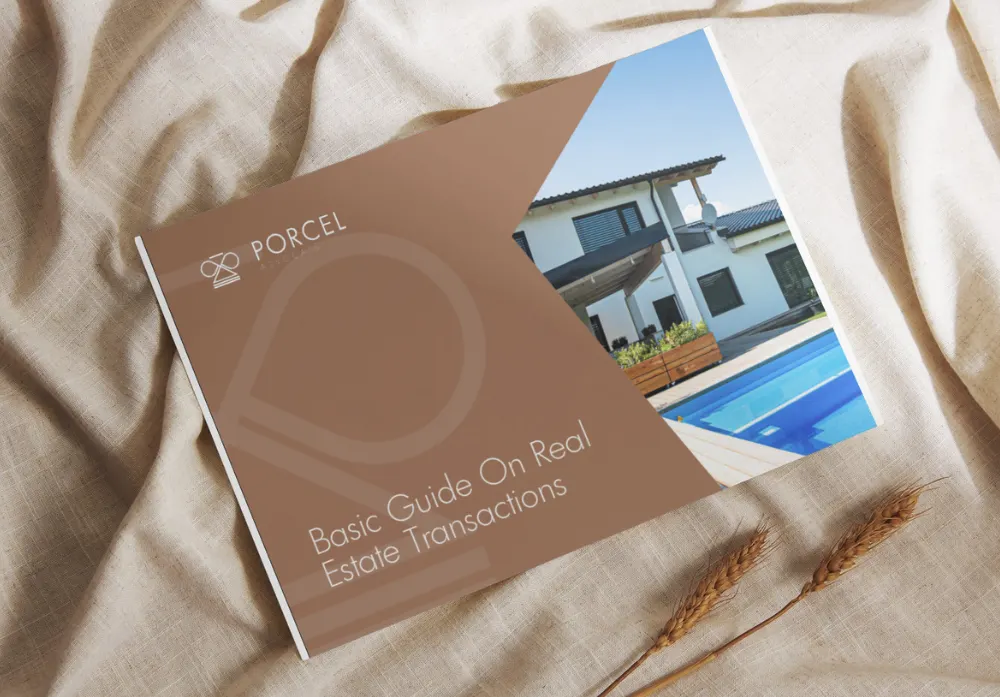Whether you are selling, purchasing, or building a property or real estate in Spain, you may have heard of the ten-year latent defects insurance.
What is a ten-year latent defects insurance?
A ten-year latent defects insurance is hired by the person who builds or promotes the construction of a building, and its aim is to protect the buyer of the property in question from any future potential structural risks.
It has a ten-year coverage, and it is required as a guarantee for developers and promoters in order to cover any possible damages and compensations that a building may eventually present.
What does this insurance cover?
It normally applies to severe damages caused by construction that affect structural elements (beams, concrete slabs, load-bearing walls) and it generally applies in the event of problems or defects that pose a risk of partial or total collapse.
What is interesting about this insurance is that it is a guarantee for the buyer, as they already have a coverage guaranteed without the need to present a claim to the promoter or developer, which ensures collection of the insurance.
When is it compulsory?
As established by the law to register new construction in the Property Registry, a property that requires this insurance may not be sold or mortgages for ten years if it does not have this insurance.
In practical terms, this means that the property is encumbered in the registry with a legal charge of providing the ten-year latent defects insurance.
Please take into account that it is very common to find this type of encumbrance inscribed in the Property Registry in self-promoted constructions, as the promoter is not obliged to hire this insurance unless they sell or mortgage the property within a ten-year period. In that case, you should discuss with your lawyer how to cancel the encumbrance or find an alternative solution within the transaction framework.
It is important to clarify that, in some cases of major refurbishment of a property, the ten-year latent defects insurance may be requirable if structural elements are altered or modified.
For this reason, if you are going to purchase or sell a property in Spain and think this obligation may be applicable, we recommend that you contact a lawyer so they can inform you about how to solve this situation before formalising an agreement.
Remember that this information is generic and each particular case must be studied individually, so we recommend you seek legal counselling for your sale or purchase in Spain.



